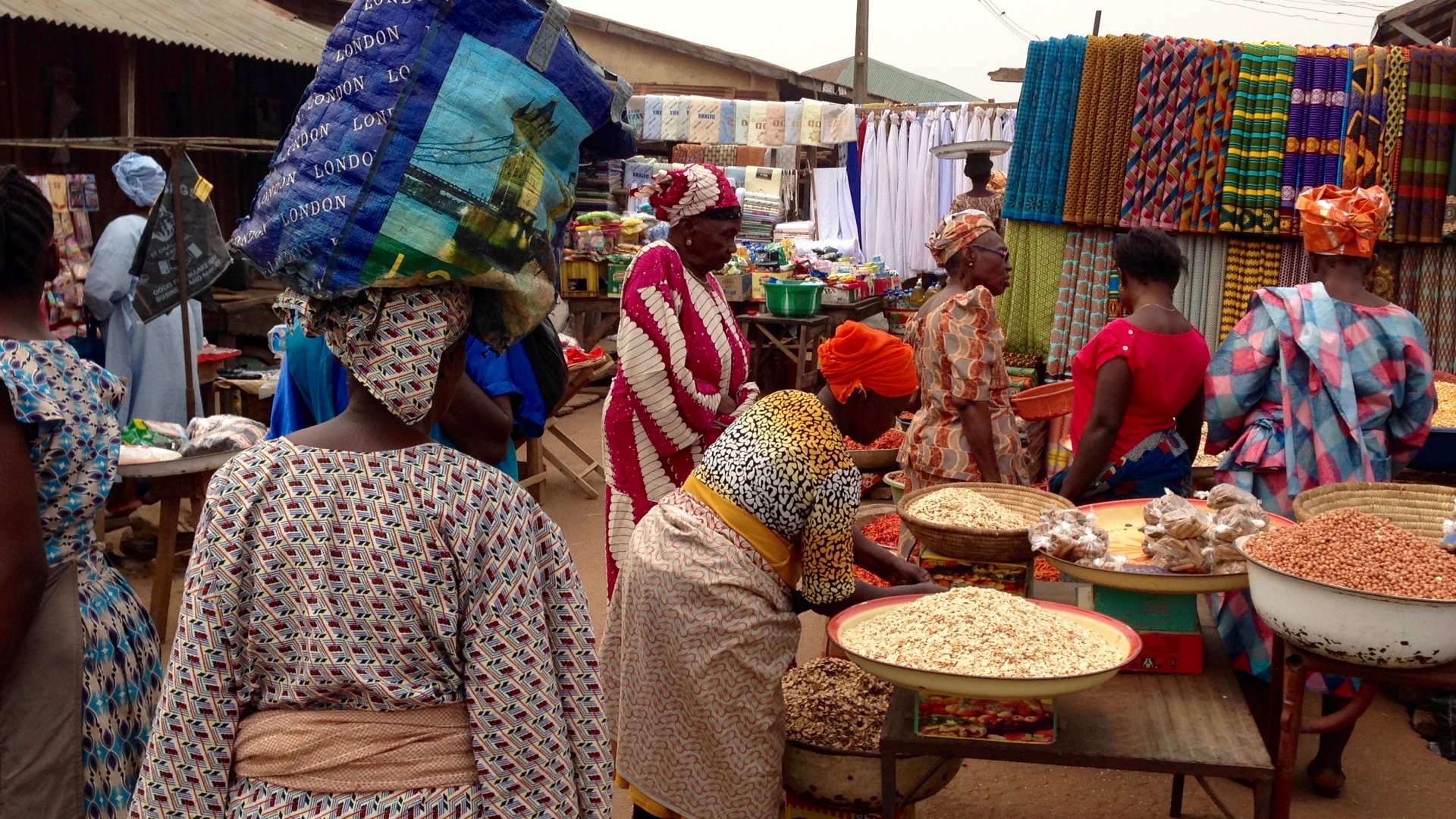Business & Economy
December 2021 Inflation Rate Prediction Takes New-Turn As Analysts Left In Awe

The National Bureau of Statistics (NBS) released December 2021 inflation rates on Monday which took a quantum leap as compared to the previous months.
Brand News Day Nigeria reports that many analysts were surprised as the December 2021 inflation rate took a turn as compared to the previous month despite recording steady declines in 8 successive months.
The change in the direction of the rate comes as a surprise to most economic analysts, considering that the rate had been going through a moderation from the highs recorded in the previous year, leveraging favourable base periods.
Specifically, according to the NBS of Nigeria’s inflation figures for December, Nigeria’s consumer price index rose by 15.63% year-on-year in December 2021, compared to the rate of increase recorded in the preceding month (November 2021 – 15.4%).
December 2021 Inflation Rate Prediction Takes New-Turn As Analysts Left In Awe
READ: Nigeria International Trade Deficit Hits Record N5.81 Trillion In H1 2021
Similarly, core inflation which excludes the prices of volatile agricultural produce stood at 13.87%, a marginal increase compared to 13.85% recorded in the previous month.
However, the National Bureau attributed the increase in the food inflation rate to a surge in the prices of bread and cereals, proteins foods like fish, meat, and egg. Also, the increase in the prices of beverages contributed to the surge in the food price index.
Speaking on the uptick of the December 2021 inflation rate in Nigeria; in an expert opinion obtained by Nairametrics, an analyst, Samuel Bamidele, Head of Research and Intelligence at Phillips Consulting Limited, said that he was not surprised with the figures, which he believed was triggered by the higher-than-expected household consumption during the Christmas festivities.
“Of course, the high-base effect of inflation decline has weaned. However, the December spike must have been triggered by higher-than-expected household consumption spending during the festive period,” he said.
“According to the report, food inflation is the driver, with a 2.19% month on month increase, that’s the highest since May 2017. The question that needs answering is what factors drove food inflation apart from demand? Without recycling the known factors, let’s wait for the January digit, and the picture will become clearer,” he added.
Meanwhile, Bamidele projects that Nigeria’s inflation will remain on the upside in the year. “Three major factors that will potentially shape prices in the year are the potential subsidy removal which will trigger fuel hike, electricity hike and the import pass through another FX adjustments.”
Importantly:
Nigeria’s inflation rate moderation was halted in December, and it might be the final breaker to force the central bank into tightening its monetary stance in the coming monetary policy meeting. However, as it stands, Nigerians continue to see their purchasing power eroded by galloping inflationary pressure.





